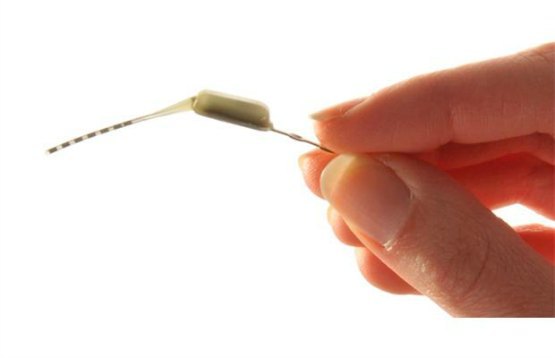
Changes in daily lifestyle have led to certain lifestyle
diseases that are unfortunately an integral part of our daily lives. Causes
could be many; ranging from hormonal changes to stress, changes in wake-sleep
pattern to reaction to certain food additives, and the list goes on. Now, when
migraine attacks besiege you, it leaves you retching, nauseatic, suffering from
a constant throbbing pain, dizziness, and immense discomfort. Your immediate
reaction is to call a doctor. And here’s what the doc says, “Take two aspirins
and call me in the morning”. Migraines, cluster headaches, other causes of
chronic, excruciating head or facial pain force you to take an aspirin or to and
yet there is no sign of relief. Now, imagine an almond- size implant along with
a small Smartphone-sized remote control – Electronic Aspirin, which stops the
pain at its onset itself.
Medical reason behind
migraine attacks
Medical Professionals believe that a facial bundle known
as sphenopalatine neural structure (SPG) situated outside the
brain behind the nasal passage and near the eye socket is associated with
severe headaches and migraines. However, they haven’t until now found a
treatment that works on the SPG long-term.
Electronic Aspirin
Electronic Aspirin is a technology that is a patient-powered
tool for blocking sphenopalatine ganglion signals, when a patient feels the
first signs of a headache. It is under clinical investigation at California
based company, Autonomic Technologies, Inc.
Electronic Aspirin
works by permanently implanting a small nerve stimulating device in the
upper gum on the side of the head normally affected by headache. The lead tip
of the implant i.e. the tiny tail connects with the SPG bundle, and when a
patient senses the onset of a headache, he or she places a handheld remote
controller on the cheek nearest the implant that sends a radio signal to the
implanted device. That triggers a slight
electrical charge to stimulate the SPG nerve cells and block the pain-causing
neurotransmitters.
Implant procedure
For patients, the
implant procedure to get the device implanted is almost as easy as a wisdom
tooth extraction. The patient can turn it on and off as needed. Furthermore,
the patient can leave it as is or take it out, when no longer necessary.
Autonomic Technologies
has been approved to treat migraine and cluster headaches in Europe, and the
company is currently waiting for the FDA to approve them for testing in the
U.S. In
a clinical trial for people who suffered chronic headaches, upon using
Electronic Aspirin, 68% reported improvement. Moreover, weekly average headaches
were reduced by 31% and 75% of those reported improvement in their quality of
life.
Medical devices are not a cure for illness,
but they are improving the daily lives of people to live longer, healthier, and
hopefully happier lives. Imagine the future for Electronic Aspirin, the
monitoring and management of migraines with additional applications for medical
devices to improve their patients’ lives. This is a new realm of science and
medicine and the future for controlling pain and developing cures has only just
begun.

No comments:
Post a Comment